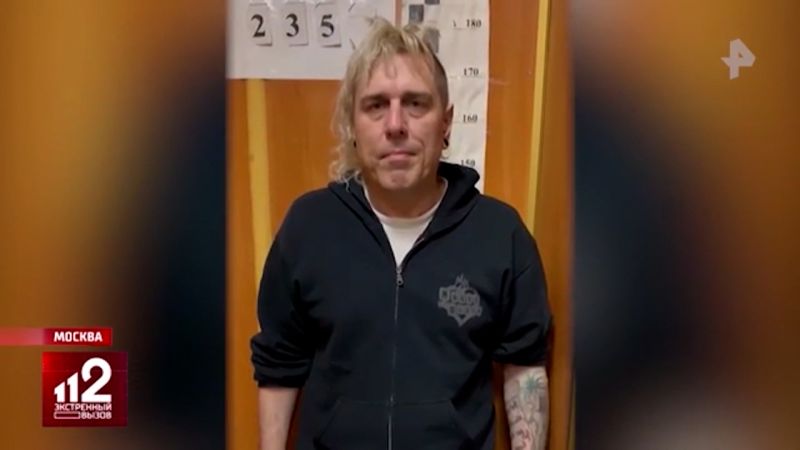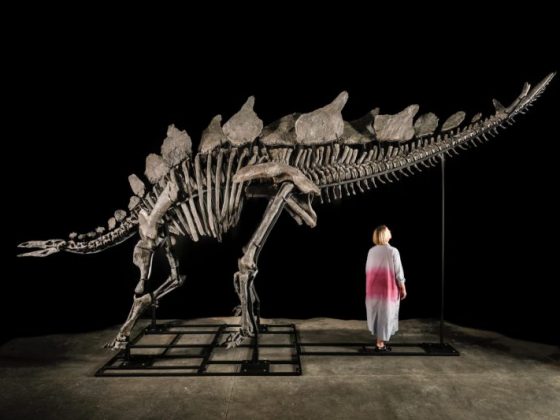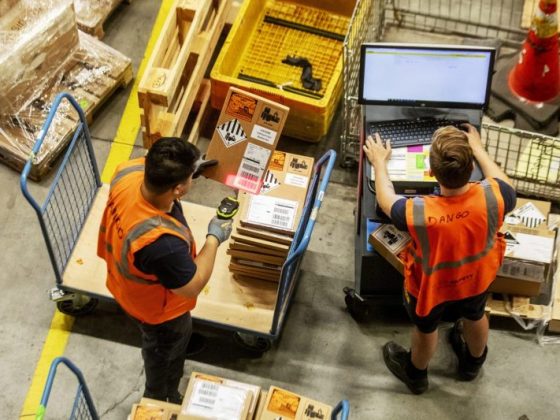 That certainly is alarming news, given the potential health implications for the residents. Polio, also known as poliomyelitis, is a highly infectious disease that mainly affects children under 5 years of age. It is caused by the poliovirus and can cause paralysis in a matter of hours. There is no cure for polio, prevention through vaccination is the best protection.
The detection of polio in Gaza’s sewage water suggests that the virus is circulating in the environment and could potentially infect unprotected individuals. This calls for urgent public health attention and intervention such as vaccination campaigns and improvements in sanitation and hygiene to prevent an outbreak. It’s also critical to maintain high levels of routine immunization to maintain herd immunity.
Efforts should also include surveillance for acute flaccid paralysis, the most serious sign of polio infection to ensure early detection of any cases, and the treatment and care of people who are affected.
The World Health Organization, UNICEF and other international health and aid organizations usually coordinate efforts in such situations. They would likely carry out a rapid response which includes large-scale immunization campaigns and monitoring to stop the virus from spreading further.
The government would also need to take this issue seriously as poor public health infrastructure and lack of access to healthcare could worsen the situation. It’s also important that residents cooperate with health authorities and ensure their families get vaccinated as required.
That certainly is alarming news, given the potential health implications for the residents. Polio, also known as poliomyelitis, is a highly infectious disease that mainly affects children under 5 years of age. It is caused by the poliovirus and can cause paralysis in a matter of hours. There is no cure for polio, prevention through vaccination is the best protection.
The detection of polio in Gaza’s sewage water suggests that the virus is circulating in the environment and could potentially infect unprotected individuals. This calls for urgent public health attention and intervention such as vaccination campaigns and improvements in sanitation and hygiene to prevent an outbreak. It’s also critical to maintain high levels of routine immunization to maintain herd immunity.
Efforts should also include surveillance for acute flaccid paralysis, the most serious sign of polio infection to ensure early detection of any cases, and the treatment and care of people who are affected.
The World Health Organization, UNICEF and other international health and aid organizations usually coordinate efforts in such situations. They would likely carry out a rapid response which includes large-scale immunization campaigns and monitoring to stop the virus from spreading further.
The government would also need to take this issue seriously as poor public health infrastructure and lack of access to healthcare could worsen the situation. It’s also important that residents cooperate with health authorities and ensure their families get vaccinated as required.
Polio detected in Gaza sewage water, threatening new health disaster

 That certainly is alarming news, given the potential health implications for the residents. Polio, also known as poliomyelitis, is a highly infectious disease that mainly affects children under 5 years of age. It is caused by the poliovirus and can cause paralysis in a matter of hours. There is no cure for polio, prevention through vaccination is the best protection.
The detection of polio in Gaza’s sewage water suggests that the virus is circulating in the environment and could potentially infect unprotected individuals. This calls for urgent public health attention and intervention such as vaccination campaigns and improvements in sanitation and hygiene to prevent an outbreak. It’s also critical to maintain high levels of routine immunization to maintain herd immunity.
Efforts should also include surveillance for acute flaccid paralysis, the most serious sign of polio infection to ensure early detection of any cases, and the treatment and care of people who are affected.
The World Health Organization, UNICEF and other international health and aid organizations usually coordinate efforts in such situations. They would likely carry out a rapid response which includes large-scale immunization campaigns and monitoring to stop the virus from spreading further.
The government would also need to take this issue seriously as poor public health infrastructure and lack of access to healthcare could worsen the situation. It’s also important that residents cooperate with health authorities and ensure their families get vaccinated as required.
That certainly is alarming news, given the potential health implications for the residents. Polio, also known as poliomyelitis, is a highly infectious disease that mainly affects children under 5 years of age. It is caused by the poliovirus and can cause paralysis in a matter of hours. There is no cure for polio, prevention through vaccination is the best protection.
The detection of polio in Gaza’s sewage water suggests that the virus is circulating in the environment and could potentially infect unprotected individuals. This calls for urgent public health attention and intervention such as vaccination campaigns and improvements in sanitation and hygiene to prevent an outbreak. It’s also critical to maintain high levels of routine immunization to maintain herd immunity.
Efforts should also include surveillance for acute flaccid paralysis, the most serious sign of polio infection to ensure early detection of any cases, and the treatment and care of people who are affected.
The World Health Organization, UNICEF and other international health and aid organizations usually coordinate efforts in such situations. They would likely carry out a rapid response which includes large-scale immunization campaigns and monitoring to stop the virus from spreading further.
The government would also need to take this issue seriously as poor public health infrastructure and lack of access to healthcare could worsen the situation. It’s also important that residents cooperate with health authorities and ensure their families get vaccinated as required.

